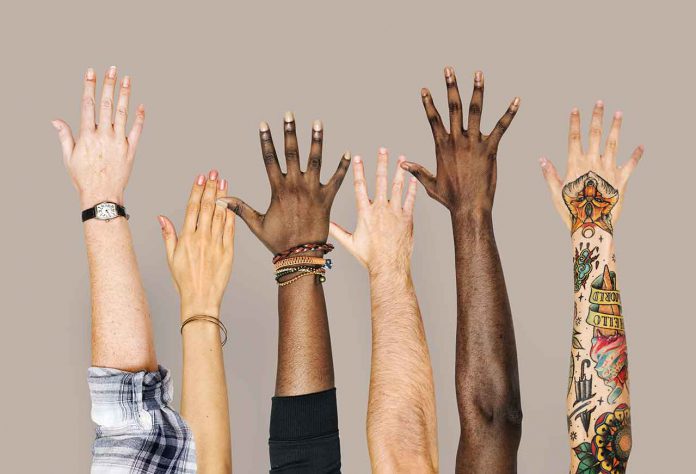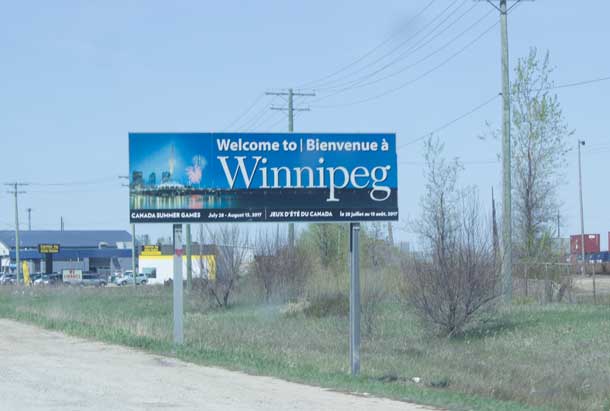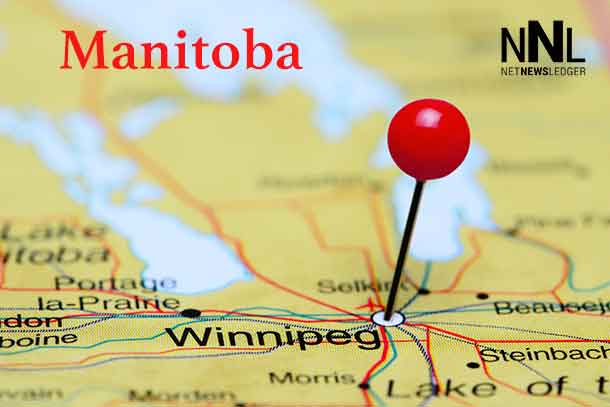2200 First Nation Residents Forced into Winnipeg Hotels
WINNIPEG – OPINION – Imagine a disaster hits Gimli, knocking out the town’s power and forcing all 2,200 or so of its residents into downtown Winnipeg hotels.
A state of emergency would be declared. Winnipeggers would come to Gimli’s aid; donating money, clothing, food, and shelter in their homes — COVID-19 pandemic or not. Youth centres, movie theatres, and restaurants would donate time and resources to show their love.
MANITOBA HYDRO
Pauingassi First Nation and Little Grand Rapids First Nation, both on the east side of Lake Winnipeg, had to evacuate more than 1,500 residents due to wildfires destroying the chain of hydro poles bringing power to the fly-in communities.
Nearly every Manitoban would care about getting Gimli residents home, and demand government do something to soothe the pain of residents languishing in city hotels.
There would be outrage if the food Gimli residents was offered was substandard, hotels blanketed their hallways with security officers to control every aspect of their lives, and children started school in cramped activity rooms.
Wide-scale efforts to fix such problems would occur, with price barely a consideration. Manitobans would refuse to accept excuses that fixing Gimli is too hard, too difficult, and resources are too tight.
Same could be said if this happened to Souris, Boissevain or Morris.
These communities deserve our compassion.
As does Pauingassi First Nation and Little Grand Rapids First Nation.
Both are fly-in communities on the east side of Lake Winnipeg. They represent more than 1,500 people living in city hotels since mid-July, due to wildfires destroying the chain of hydro poles bringing power to the communities.
Now, those citizens are being told by Manitoba Hydro they will have to wait until late October — possibly even November — before they can return home.
“We are suffering here,” Little Grand Rapids resident Darryl says, standing with a group in the parking lot of one of six Winnipeg hotels communities members are staying. “My daughter is sad, I’m sad. We are all sad.”
“The food is terrible and sometimes just leftovers,” Catherine says.
“There is so much security in the hallways,” Victoria says, pointing out the 10 or so men dressed head-to-toe in black, policing the lobby. “Some of them harass our young women. One even tried to mace us.”
“We are given $20 a week for outside food, that’s barely the cost of fast food,” Samantha adds, identifying the emergency funds given by the Red Cross.
All are fluent Ojibwa speakers, and some are intoxicated.
“I don’t drink but I understand why they do,” Henry says. “There’s nothing else to do. We can’t go anywhere.”
Like most First Nations, where paperwork is slow and COVID-19 vaccination rolled out so fast authorities could not keep up, virtually all citizens from Pauingassi and Little Grand Rapids are double-vaccinated but cannot obtain proof-of-immunization cards.
Even if records were available, many can’t afford or have a need for cellphones (reception is hard to come by in the North), so accessing a QR code is out of the question. This means many public activities are unavailable and a lot of time is spent lingering in hotel rooms, lobbies and parking lots.
“Most of us are just tired,” Henry says. “Tired of all of this.”
Every day is a mass confusion of paperwork, he says, with multiple people (chief and council, security guards, Red Cross workers) telling him what to do. While he appreciates Indigenous organizations such as Ma Mawi Wi Chi Itata helping with children’s activities and clothing drives, he just would like some stability.
Manitoba Hydro officials blame the remote locations of the two communities, dangerous conditions and the fact helicopters have to fly in materials while workers have to install poles “in rock, requiring specialized drilling equipment” as reasons for delays.
After being challenged this week by Indigenous leaders that Hydro could provide generators so people could return home, utility officials said they found it unfeasible to divert workers “from doing the permanent repairs to the line.”
As of a recent update, 57 of the 90 impacted hydro poles had been replaced thus far.
Last week, some Pauingassi and Little Grand Rapids students started classes in hotel rooms; some will not start until whenever they return home. Virtually all are far behind academically, due to the problems associated with distance learning.
“Our young people are giving up,” Catherine says, adding there have been numerous accounts of self-harm among that group since the forced move south.
This would be a vastly different story if it was Gimli, Souris, Boissevain or Morris.
Try to imagine what the difference is.
 Niigaan Sinclair
Niigaan Sinclair
Originally appeared in the Winnipeg Free Press in September 2021. Republished with the permission of the author.
The views, opinions, and positions expressed by all columnists and contributors are the author’s alone. They do not inherently or expressly reflect the views, opinions and/or positions of NetNewsLedger.





